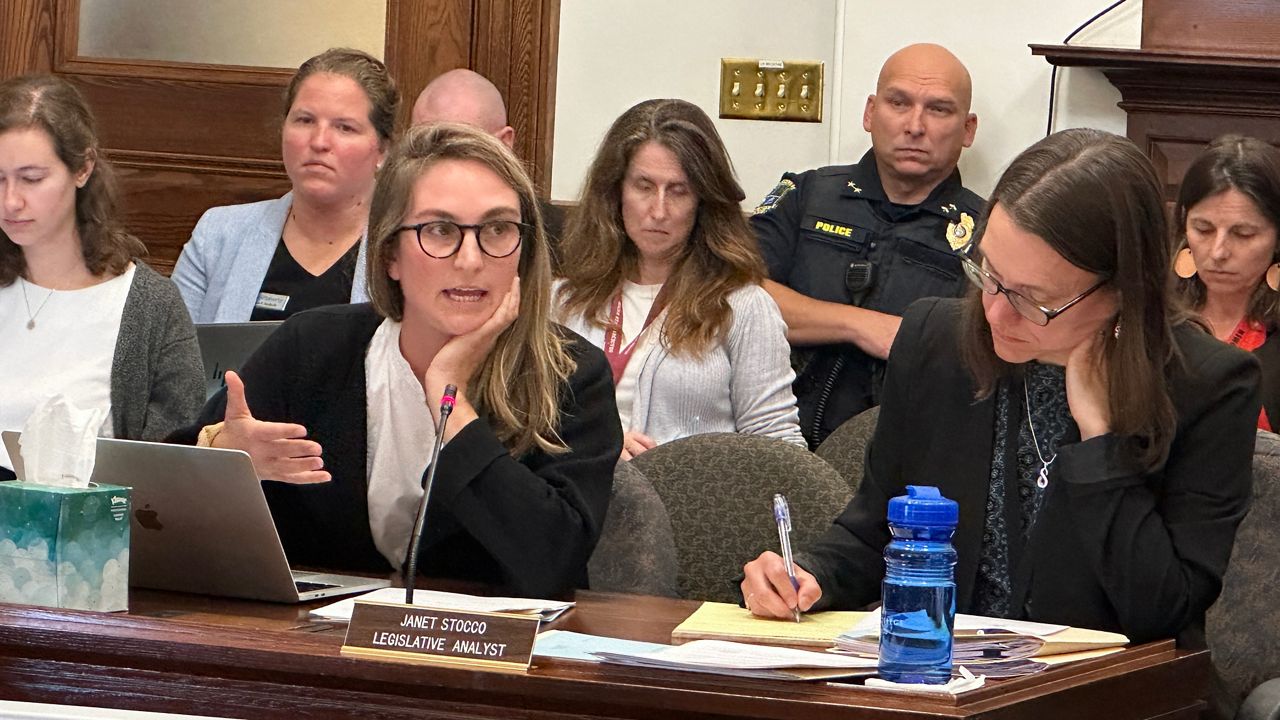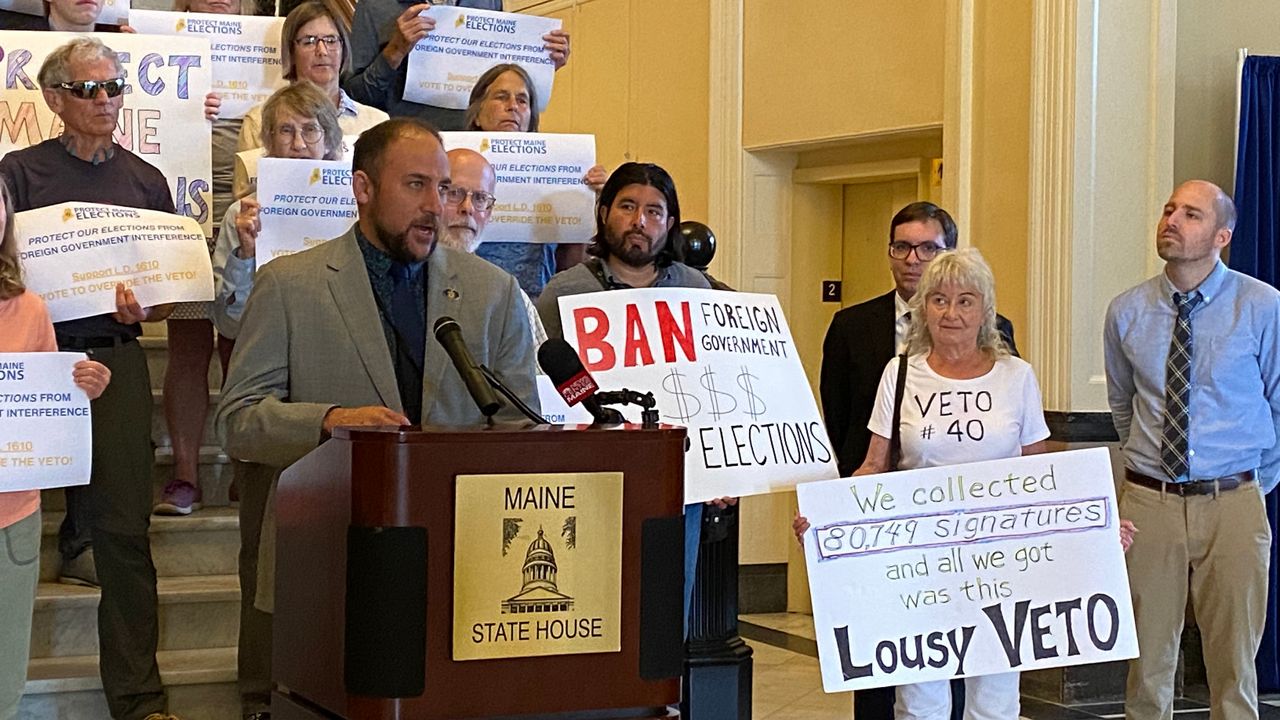Plenty of Mainers have stories to tell, either as a hobby, or as a new, cutting-edge livelihood. In this occasional series, Spectrum News Maine profiles local hosts who are expressing themselves through podcasting.
Over the years, budding audio enthusiasts have launched podcasts in Maine for a variety of reasons. For some, it’s the extension of a hobby. For others, it’s about telling stories.
For Portland psychiatrist Anne Hallward, Safe Space Radio has had a mission that goes back to before it was officially a podcast. It began as a radio program in 2008, to put a spotlight on mental illness and related subjects that many people would be too shy to discuss face to face.
“It gives hope, it makes people feel less alone, and understood,” Hallward said.
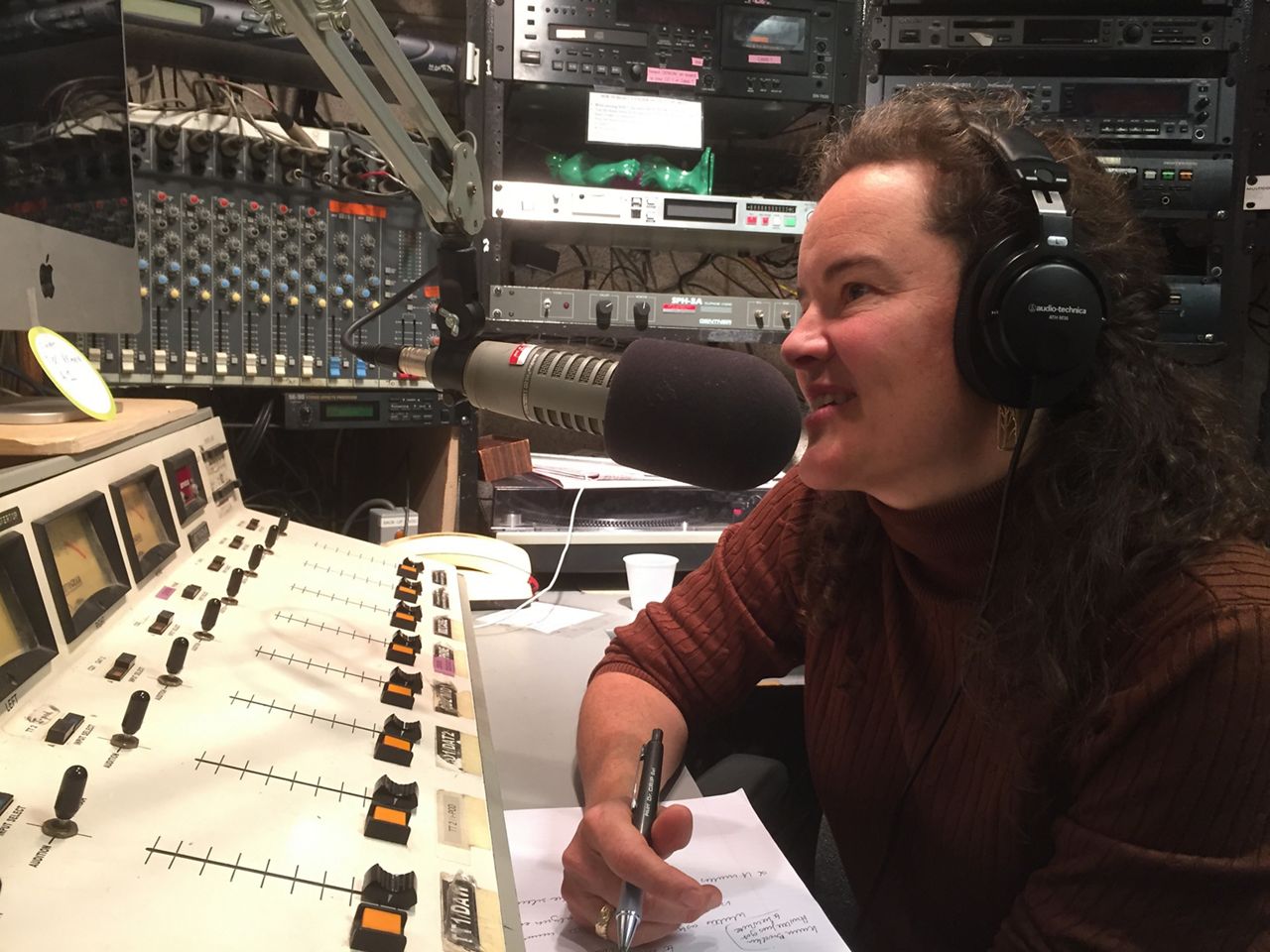
Hallward said it’s been a long journey from the local radio broadcasting where she started, from station WMPG on the University of Southern Maine campus. From there, Safe Space Radio officially became a podcast in 2010, beginning with a backlog of episodes made from recordings of the radio show.
Today, the podcast has about 300 episodes, some of which have been broadcast on National Public Radio stations to more than 1.5 million listeners, broaching topics from dementia to depression to LGBTQ issues to racism.
Hallward said she remembers the show’s first national special, in 2016, which focused on suicide among LGBTQ teens. She said a LGBTQ teenager, who had not come out yet, was listening to the episode with a parent in the car, and emailed Hallward.
“He said, ‘Thank you so much. You helped me come out to my mom,’ ” she said. “I got totally choked up. I was so moved. I felt like I could die happy.”
Hallward said an episode from 2017 on dementia also meant a lot to her. In it, she told the story of her father, who died of the disease in 2011, and how she had cared for him during his final years.
“That show, I really put my heart and soul into it,” she said.
Hallward again got positive feedback – this time from a man who had cared for both his aging parents. Like many people in his position, she said, the man had been apprehensive about even discussing the issue with anyone else.
“He heard the podcast, and it made him feel normal,” she said.
The concept of feeling “normal,” of breaking the stigma of discussing mental illness, Hallward said, is at the heart of Safe Space Radio. People who suffer from mental illness, and even people who care for them, feel a shame in discussing it, even to the point of covering their faces. They feel defenseless, weak and damaged, she said.
“It turns out that there are so many things that people feel ashamed of,” she said.
The power of radio and podcasts, Hallward said, is that no one can see any faces, which makes it easier both for speakers and listeners.
“If you hear other people talk about it, you feel normal,” she said.
The podcast has also helped address sensitive social topics, as Hallward did in a May 2021 episode about talking with white kids about racism. The episode came on the heels of the death of George Floyd at the hands of white police officers in Minneapolis and at the dawn of the Black Lives Matter movement.
“The awareness of some white people was, ‘Whoa! Racism is alive and well,’ ” she said. “I think the George Floyd murder was a real eye-opener.”
Hallward said the episode remains one of the podcast’s most popular and has inspired people to talk about the subject.
It is work beyond the podcast that Hallward expects to focus on in the future. While she doesn’t anticipate recording many new episodes, she does plan on using her archives as teaching tools, even offering them for clinicians to use as they earn license renewal credits.
Today, Safe Space Radio has become a nonprofit, operating under the tagline, “The things we would struggle with less if we talked about them more.” Hallward said she hopes her work will continue to inspire people to be less afraid and less ashamed.
“What we hide and keep private is where we suffer,” she said.





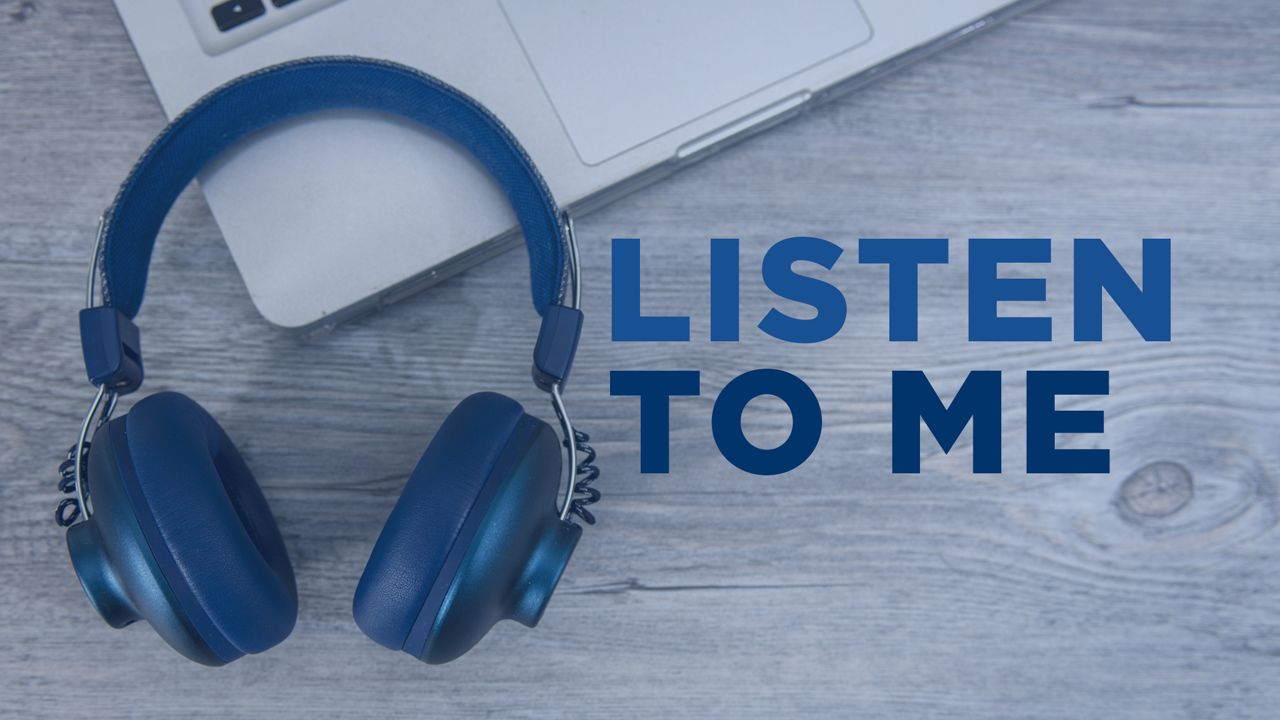
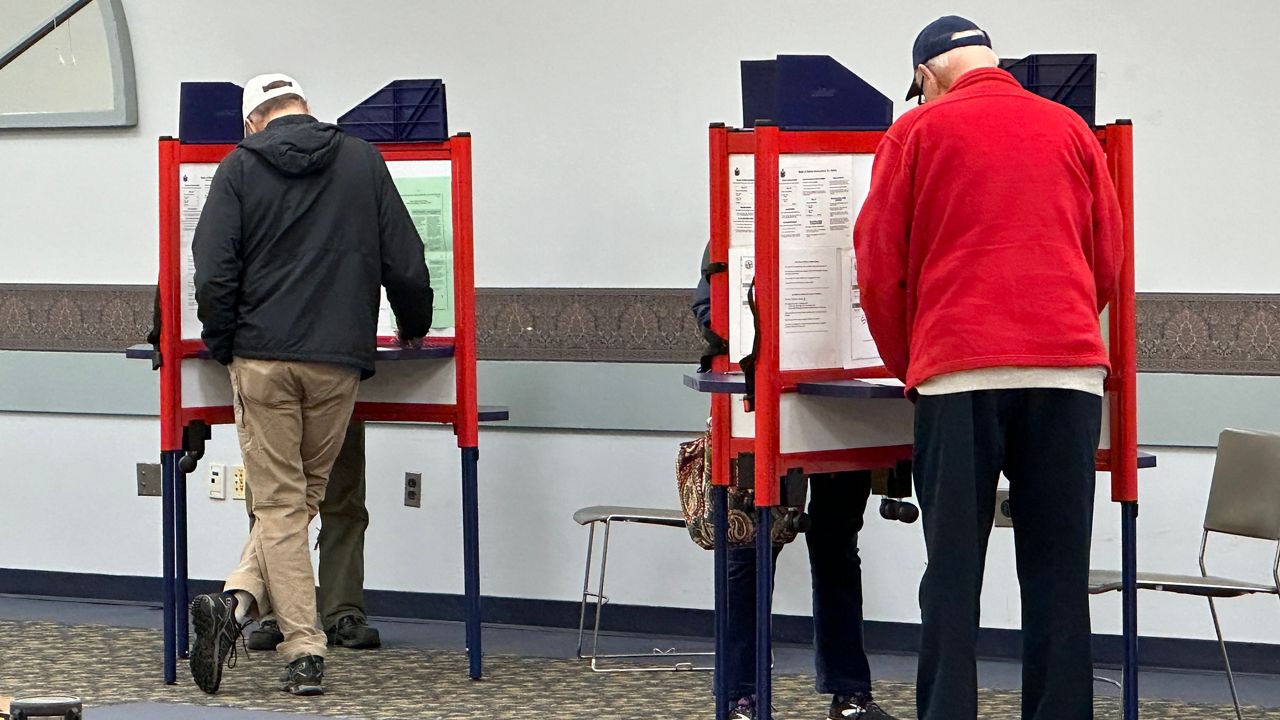
)
